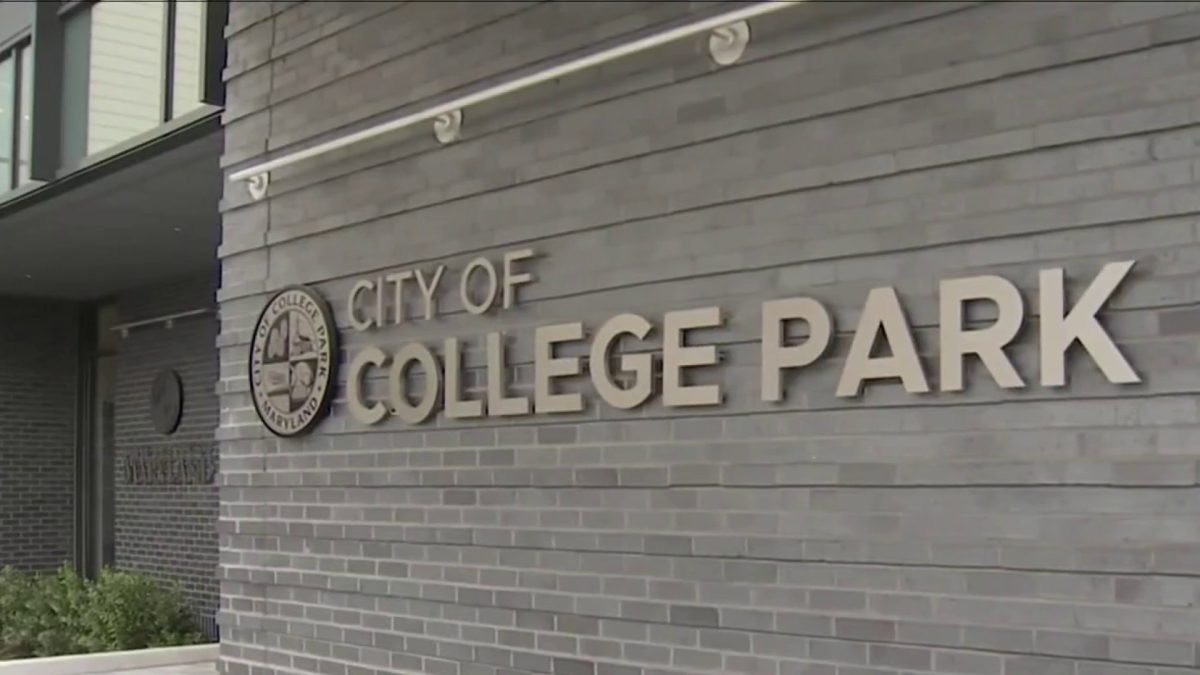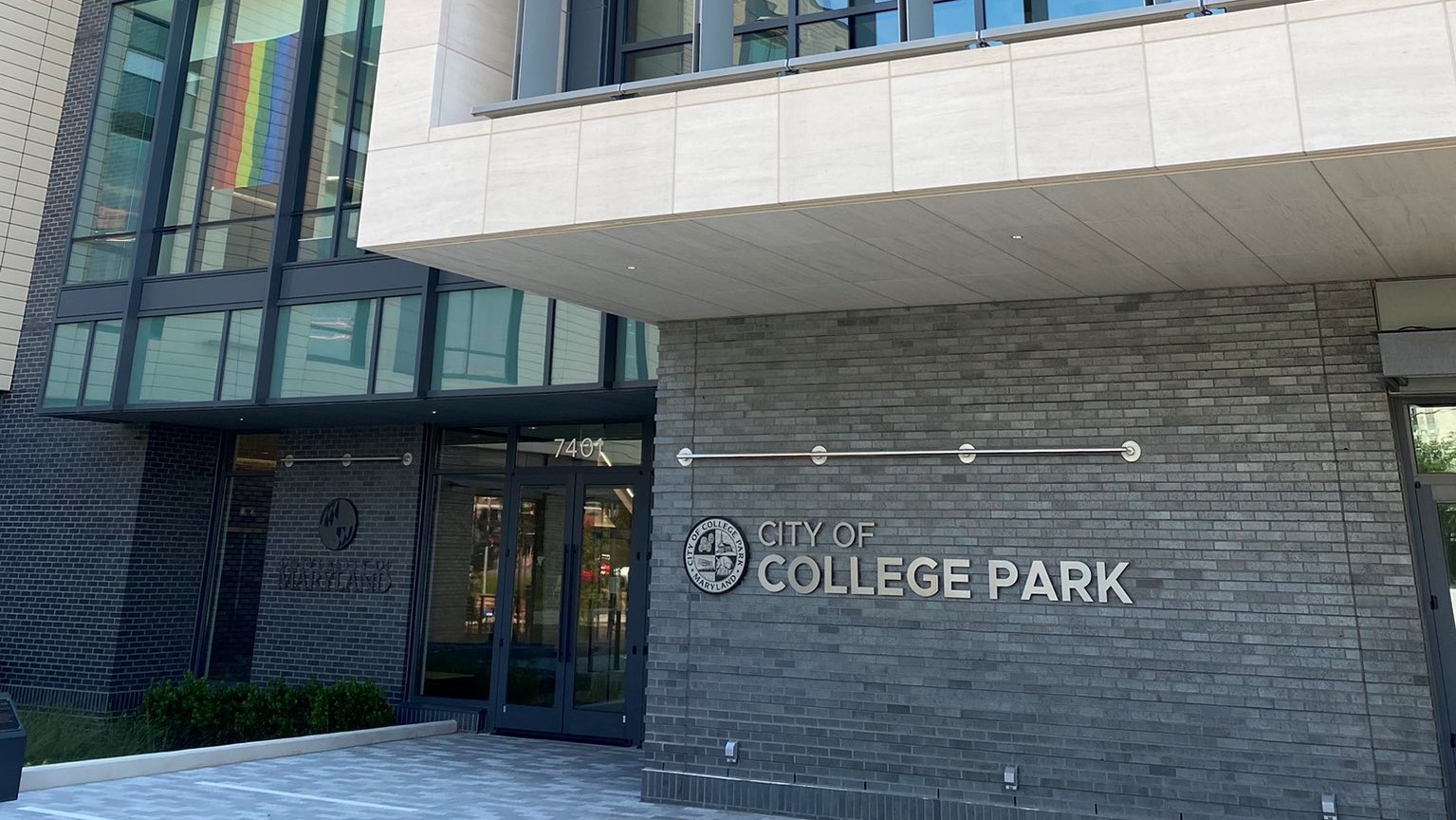
It's Election Day in College Park, Maryland, with voters choosing a new mayor after the resignation and arrest of the last mayor shook the town in early March.
That former mayor, Patrick Wojahn, 47, resigned from his post the night before he was arrested. He was charged with 40 counts of possessing child exploitative material and 16 counts of distribution of child exploitative material, according to police.
Wojahn was denied bond at a court hearing on March 6, with the prosecutor -- Maryland State's Attorney Aisha Braveboy -- calling the images found on his computer "disgusting."
Mayor Pro Tem Denise Mitchell has been serving as presiding officer for the city since Wojahn's resignation.
We've got the news you need to know to start your day. Sign up for the First & 4Most morning newsletter — delivered to your inbox daily. Sign up here.
Saturday is the last day residents in College Park can vote to select Wojahn's replacement, according to the city's website. Early voting began on Tuesday, with April 26 as the last day that absentee ballots were mailed to voters.
Polls opened at 10 a.m. on Saturday, and will stay open until 6 p.m.
Voters can cast their ballots in the first floor community room at College Park's City Hall, located at 7401 Baltimore Avenue.
There are also several ballot drop box locations around College Park for those who may still need to return their absentee ballots:
- Davis Hall: 9217 51st Avenue, near the front door of building.
- Hollywood Shopping Center, on the corner by Mom’s.
- On Campus: west side of Stamp Student Union on Union Lane, next to the USPS/FedEx Drop Boxes.
- City Hall: 7401 Baltimore Avenue, on the Yale Avenue entrance side of the building.
Here are the four candidates running for mayor of College Park.
Bryan Haddad, the owner of College Park restaurant The Bamboo Eater, says his number one -- and only -- issue as a candidate is increasing penalties for illegally modified vehicles.
"I am running as a single issue candidate to increase penalties against illegally modified vehicles," he said in his candidate statement. "I believe that city code enforcement can be strengthened to more effectively write tickets against such vehicles by citing already existing state laws."
"A vote for me is a vote for a more peaceful community."
Dr. S. M. Fazlul Kabir, an information architect for the federal government and a former professor at the University of Maryland, "has been the longest continuously serving member of the City Council for the past 12 years," according to his candidate statement.
"As Mayor, Kabir aims to lead College Park by bringing the community together, enhancing transparency and fostering trust," the statement continues. "He will advocate improving quality of life with strong public safety, better code enforcement, smart economic development, new small businesses, sustainable and green programs, aging-in-place for our seniors, enhanced school education, and more affordable housing."
Catherine Hope Kennedy, a nonprofit fundraising executive who has raised funds for the Girl Scouts, the League of Women Voters, and a tuition-free private school in Anacostia, has been on City Council for nearly 6 years.
She's now running for mayor "to build on the progress we’ve made and ensure that our city continues to be a leader in environmental sustainability and smart business development, while also being affordable enough so that we don’t push out the students, entrepreneurs, and families that make our city so vibrant and unique." according to her candidate statement.
Denise C. Mitchell, current Mayor Pro Tem for College Park, worked in early childhood education for 30 years and now works for the Prince George’s County government.
"As Mayor, I plan to create a thriving economy, supporting quality schools, and ensuring resources for local businesses," she said in her candidate statement. "Through collaborations with the Prince George’s County Council, Maryland General Assembly, and the University of Maryland, we can create substantial economic development through tax credits for long-term residents, electric car drivers, and more."



